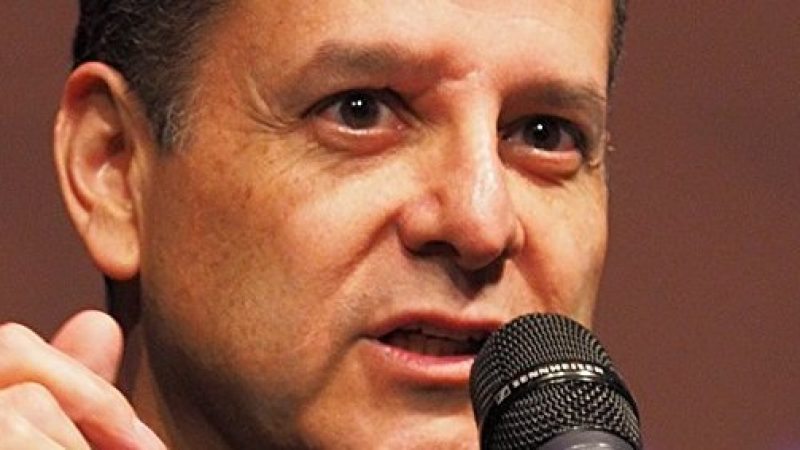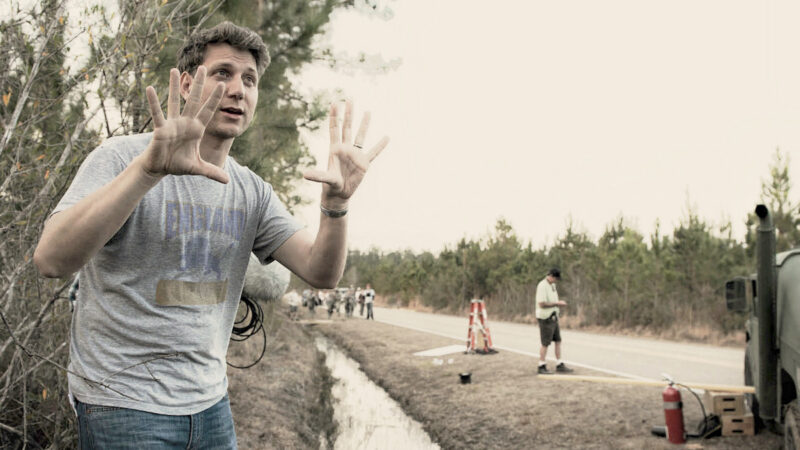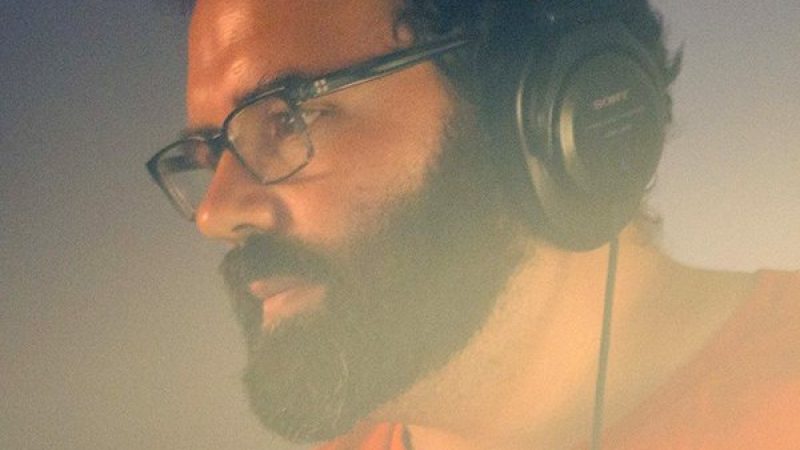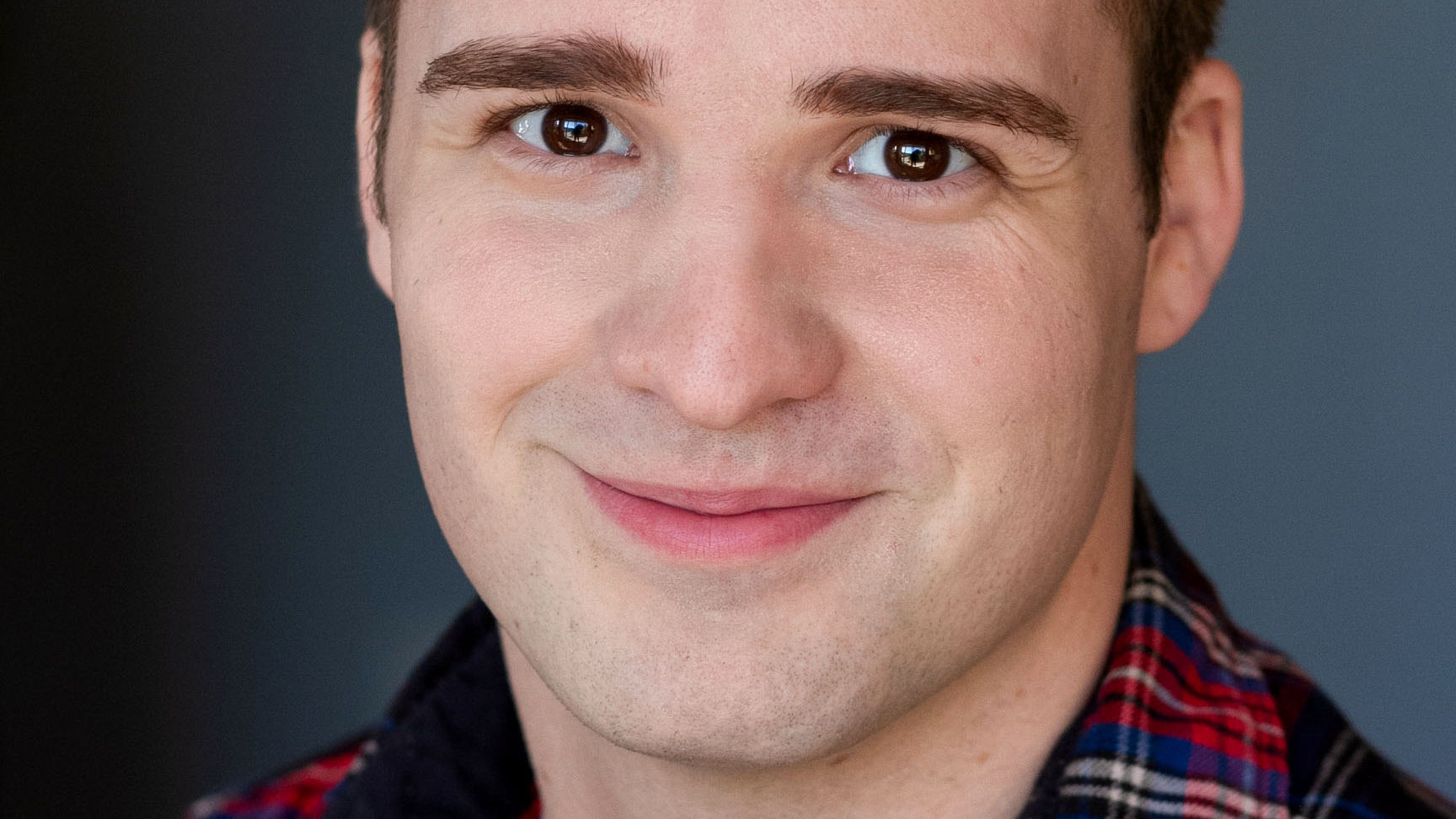
Chris Sparks remembers (as a youngster) that his oldest brother had snapped photos of them both which he sent to a bunch of Agents in Hollywood and told Chris “just wait we will have an agent in no time”. Of course they never actually got any responses back and Chris was crushed. Well, his dad has always been this huge movie critic guy. He’s the type of guy that goes to see the same movie 3x in Theatres. Like the kind of guy where everyone working at the movie Theatre knows. He’s just always has loved movies and would take Chris with him to the Theatres almost every week and Chris remember one-time they were watching a movie and he told him “Dad, that’s going to be me someday on the big screen. I’d really like that.” And that was kind of always in the back of Chris’ mind and it was something he wanted. Of course, he grew up and went off to College but while going to Flight School to get his Pilot’s license, Chris got scouted by a talent scout. Next thing, “I’m on a plane to a showcase where I’d meet my first manager and then moved to LA and was hooked on the industry since.” says Chris Sparks
indieactivity: What acting technique do you use?
Chris Sparks (CS): There are so many different techniques that I’ve learned Meisner, Milton, method, improv, and even specific on-camera techniques for how to even angle your head to appear more interesting. It’s insane how much there is to learn and for me, it’s really all about what you’ve learned entirely and knowing how and when to take something out of that specific technique. I’m always trying to further educate myself by being coached, applying myself, and taking notes from the legends out there. One of my absolute favorite acting studios out there is AFA studios and I highly recommend it for anyone learning to hone more acting skills
The Official Trailer for Sound of Settling written and directed by Melissa Vitello and Bryan Ricke
How did you get on the project? Did you have to audition? If you did, would still have got the part?
Chris Sparks (CS): It’s funny, I actually met the director of SOS, Melissa Vitello, on the set of a mutual friend’s feature. At the time, we had chit chatted and whatever but then a couple of weeks later we ran into each other again on the set of a photography shoot and she told me she was directing a feature and she had the perfect role that she’d love for me to audition for. So of course I jumped at the opportunity and auditioned and then we did some chemistry reads to see if I’d fit with the two leads and I couldn’t have been more excited to hear that I got the part because I really loved the character and Melissa is just a really cool person to have the honor of working with.
Let’s take this project you did; how did you prepare for such a role: the cast, the physicality the terrain, the climate, weather and the demands of the project?
CS: Well that’s complicated because every role requires different things but for this one I start out by memorizing my lines, I then process my goals and objectives as that person, who I am and my history, I breakdown what I’m thinking in my head to say those line. I then analyze my relationships with not only the other character but also myself. That then allows me to understand how I talk and how I move and from there it’s more about just living in the moment as that person.
As one of the cast on the project, how did this ‘choice’ work for you?
CS: Easy haha, I mean this is just a goofier version of young me in a sense. Apathetic and doesn’t want to take life seriously, just wanted to live in the moment and not worry. Be the life of the party but also stay out of the drama. I’d say this is a lot like me before I had so many responsibilities and needed to grow up
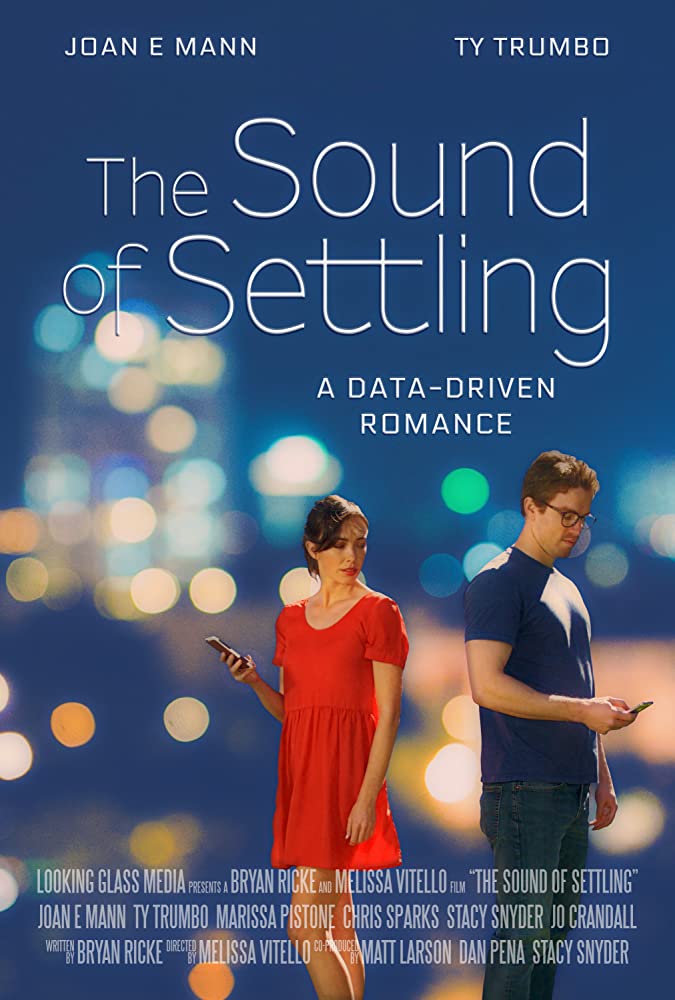
How do you create the character from a script into a person?
CS: Pretty sure I answered this already haha
What part of the story challenged you when you read it? What drove you to get on the project?
CS: Um one part that challenged me a bit was trying to find my arc or my lesson throughout the story. I guess I tried really hard to search for one and then it clicked to me that doesn’t really happen till the end but like most people we don’t just learn from other people’s issues in the matter of a day. I think for a second that bothered me but then I realized that’s what makes me more real. What drove me onto the project was knowing I was about to have an amazing team of talented people.
Explain one creative choice you took the onset of this production?
CS: One memorable interpretation of Melissa’s direction was I remember we were doing a scene and Melissa Vitello saying “Don’t think of it as not caring, think of it as you caring but not wanting to care” and that resonated with me because that helped me realize a lot about who I, Joseph, was being but also who I was attempting to be or fronting to be relationship-wise with the other characters. And that put more depth to Joseph the Broseph because he wasn’t as lost as he’d like you to think.
You’re not new to indie films. What do you enjoy about the work that keeps you working?
CS: Honestly, the finished product. The best part for me isn’t the work its self but it’s getting to watch and know others are enjoying it. I’ve always been more of a host than a guest and I love giving people the tools to enjoy anything. That’ll keep me waking up ready to go to work for just about anything.
How did you collaborate with your cast members from scene to scene?
CS: Just as the question is, in-depth studying of the scene to scene and the relationships we have with each other and how we feel about each other in those scenes and what we “want” from each other.
As the main cast on the film, describe the feeling of responsibility that you shouldered. Where you scared? Or did it fire you up? What scenes were difficult to shoot?
CS: I went into it pretty confidently actually. A lot of our shoot days were night scenes and we had to do some reshoots in the winter filmed outside so it was pretty rough wearing a hula and trying to act normal.
What did you take away from the film production?
CS: You can’t drink enough coffee on an overnight set, driving with a camera rigged to the car is actually harder than it looks, but more importantly A lifetime of good friends
What do you like most about the director, and his/her collaboration with his/her team?
CS: I mean the whole team is just amazing. That feeling when you know you’re just working with and surrounded by good people is one of the best feelings in the world. Everyone there was creative and dedicated and those are the kind of people I love to be around.
What is next for you?
CS: Well I have this show out on PopstarTV called Evil Touch so I’m going to see how that does and then go with the flow. Obviously with corona, I’ve been a little out of work so I’m just looking ahead to the future and hoping for the best.
What advice do you give actors regarding what you learned on the project?
CS: Well I got a good reminder that putting in the work is worth it so I’d just like to pass that on.
Tell us what you think of the interview with Chris Sparks. What do you think of it? What ideas did you get? Do you have any suggestions? Or did it help you? Let’s have your comments below and/or on Facebook or Instagram! Or join me on Twitter.
Follow Chris Sparks on Social Media
Stage32
IMDb
Facebook
Twitter
Instagram
Backstage
MORE STORIES FOR YOU
How I Made My Film, ‘Fear, Love & Agoraphobia’ by Alexander D’Lerma
A Step by Step Filmmaking Process of Fear, Love & Agoraphobia
The Key Facts Behind How Jeff Nichols Made The Indie Hit MUD
Jeff Nichols gives himself directorial challenges to master on every project.

